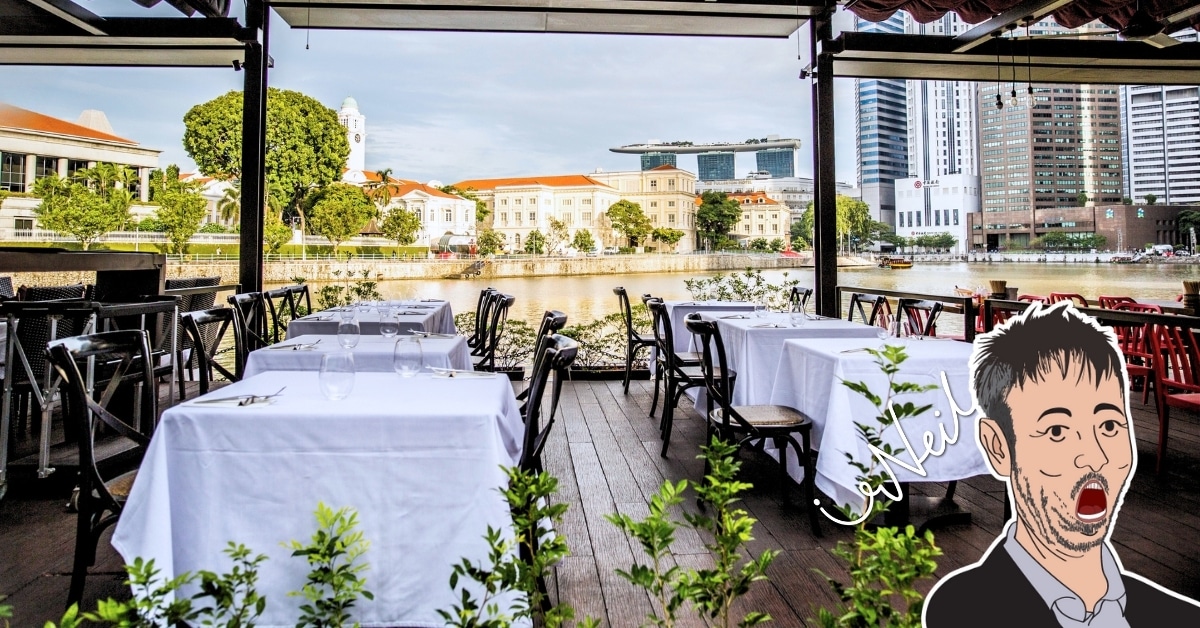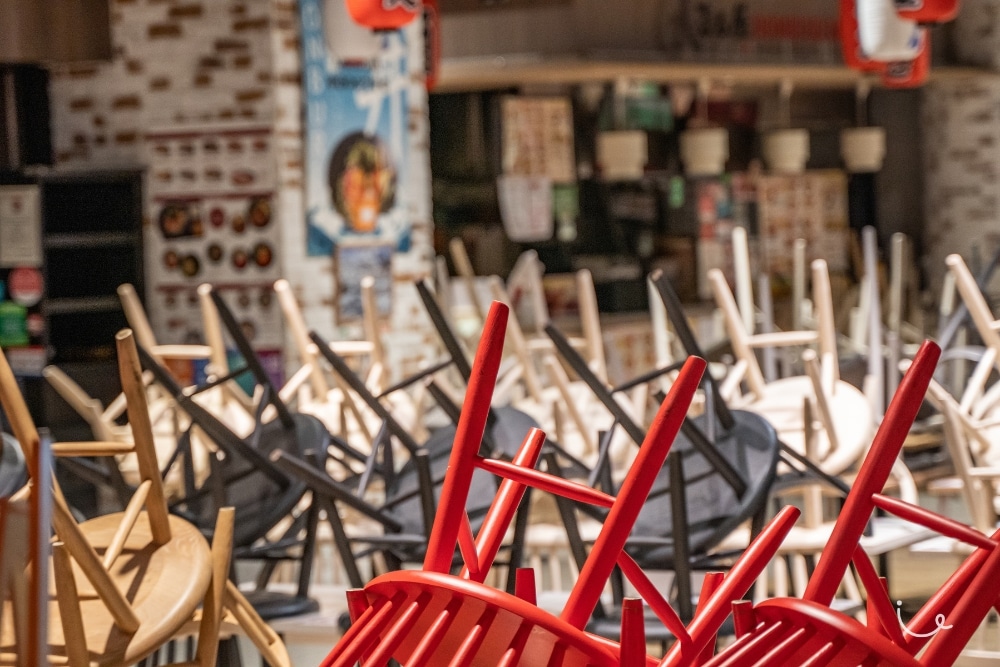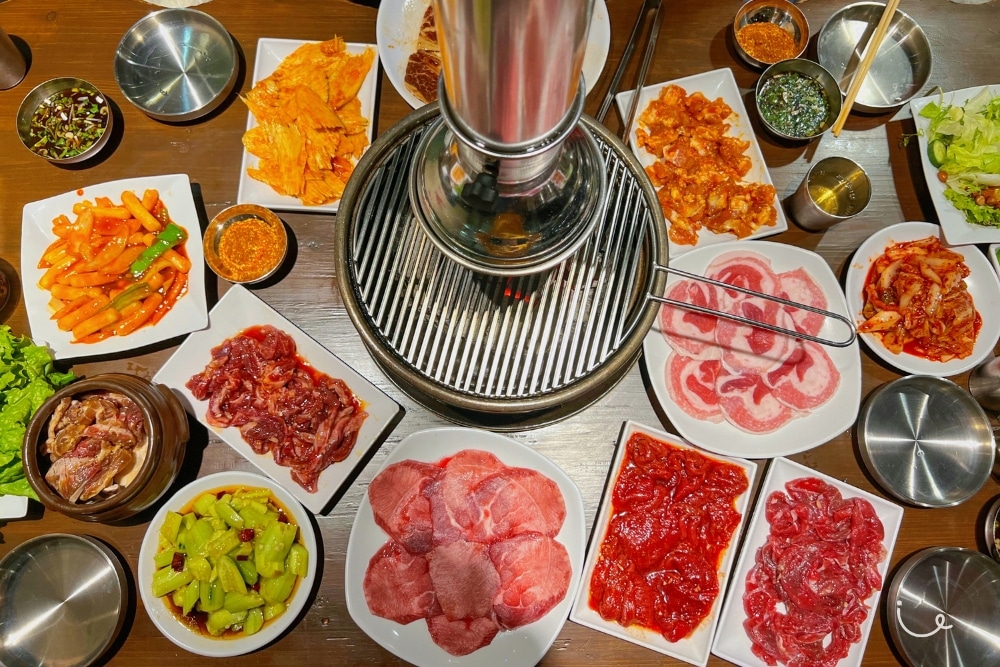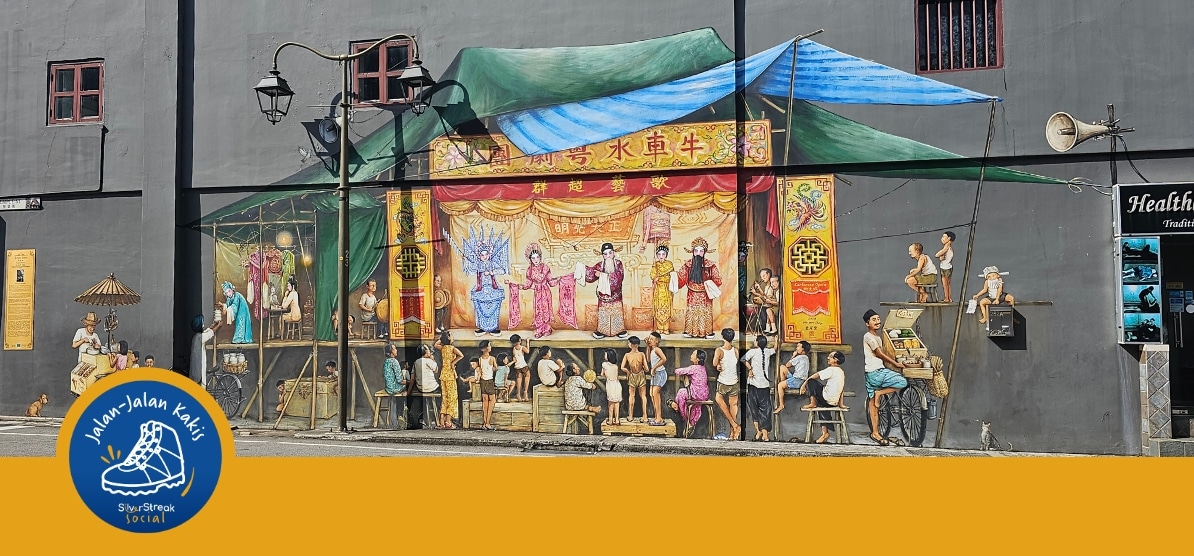
It’s time to bring back my late grandfather for this column. It’s only a couple of months ago, I know, and there’s a risk of reducing him to a one-dimensional comedic device. But Singapore’s struggling F&B trade has brought me to this.
The exasperating need to squeeze every hawker, cook, chef, and restaurant owner until the debt collectors take over deserves scrutiny of the sort his past experience as a cafe owner can provide.
If you’ll recall, my grandfather wouldn’t even spare a glass of tap water back in our family-run greasy spoon cafe.
He’d flog a can of coke to an emaciated orphan (with no ice; we didn’t do ice).
So imagine, just for fun, if his cafe landlord wandered in for the following chat.
Advertisement
“Oh, hello, you must be Neil’s grandfather,” the landlord might say.
“Only in his columns. I’m just his literary cipher,” would definitely be his response.
“Anyway, I’m updating your tenancy agreement. What do you keep in that blue box?”
“My potatoes.”
“They look like your grandchildren.”
“They’re cleaning my potatoes.”
“That’s a storage space. It now costs $70 a month.”
“That’s more than I pay my grandchildren.”
“They’re not an empty storage space.”
“My grandson is.”
Then the landlord might wander around the cafe and notice the lack of CCTV cameras.
“Where’s your security?”, he’d ask.
“I keep a baseball bat under the counter.”
“You need a camera for the cash.”
“I’m not worried about someone stealing the cash.”
“No, we’re worried about you stealing the cash.”
And then the landlord would announce his final contractual obligation.
“You’ve got to provide free charity meals for the poor,” he’d say.
“Er, I’m poor!”, I’d shout from the kitchen.
“Eh, Neil… just wash the potatoes,” my grandfather would say. “How do we define the poor?”
“Anyone earning less than $10 a day?”
“Er, that’s me.”
“For heaven’s sake, Neil. Just wash the potatoes.”
My grandfather would then process the contractual obligations and might conclude that apart from the free charity meals, the rented storage spaces, and the CCTV cameras, what had the landlord ever done for him?
At which point, the landlord might mention the rent increases. At which point, my late grandfather might reach for his baseball bat.
Failing F&B industry

But this wouldn’t happen in Singapore, surely, not in the middle of a poly-crisis, soaring living costs, and eastern and western leaders behaving like the Jets and the Sharks in West Side Story. Because we really don’t need our cherished hawkers to feel squeezed right now, do we?
Not when 1,724 food businesses shuttered as of August 2025. And that figure comes on the back of the 3,047 food businesses that closed down in 2024 – a 20-year high.
At the time of writing, Prive Group, which operated cafes and restaurants across Singapore, has just shuttered.
Michelin-starred restaurants Euphoria and Alma also fell by the wayside. Familiar brands like Eggslut, Manhattan Fish Market, and Burger & Lobster are also gone. The list will only get longer as a jittery 2025 staggers on.
When the economy wobbles, we tighten and squeeze. We tighten the purse strings at home and squeeze whatever we can out of everybody else, which usually means one thing in Singapore. We raise rents.
It’s not particularly radical or inventive, but it’s the Singapore way. Because someone, somewhere will always pay. The vacated venues of some of those shuttered restaurants listed above already have new tenants waiting to take over the premises. That’s Singapore.
But have we considered what such a Singapore looks like? Step into any utilitarian shopping mall or food court.
They are turning into repeated, animated backdrops with us galloping past like Scooby Doo and shouting, “Oh, look, Shaggy… Uniqlo, Chagee, McDonalds, Korean BBQ… Uniqlo, Chagee, McDonalds, Korean BBQ… Uniqlo, Chagee, McDonalds, Korean BBQ… hey, have these backdrops been painted by AI?”
No, they’ve been painted by the artists formerly known as landlords, signing rental agreements with the only tenants who can afford them. The usual suspects. Safe, familiar, and risk-averse.
During an economic downturn, high-end eateries and entertainment establishments are often the most vulnerable as potential punters hold back on non-essential spending, which should be boomtime for hawkers, right? Right?
Also read:
Singapore’s Mahjong Mafia Are The Friends (And Enemies) You’d Want To Keep Close
The mahjong aunties come armed with more rules than Fight Club, but it’s great for intergenerational bonding, says Neil Humphreys.
Leftover Recipes: How To Turn Yesterday’s Meals Into Delicious New Dishes
From turning chicken rice into drunken chicken, to transforming vegetable bits into Chinese minestrone, here are clever and tasty leftover recipes to give your unfinished food a second life.
Our hawkers are too important
The underlying purpose of the Singaporean hawker centre has always been to provide decent, affordable meals for the working classes, in good times and bad, just like my late grandfather’s cafe did.
That priceless function predates Singapore’s independence. And it’s been one of our greatest success stories. As a relatively young nation relying on the everyday persons’ hearts and minds, hawker centres took on the job of nourishing the soul.
So they can’t be squeezed, can they? Not in the traditional sense of a shopping mall restaurant or a Marina Bay cafe. Squeeze them too hard and the unique family businesses, generational recipes, and old favourites will be replaced by another repeated, animated backdrop.
Like Scooby Doo, we can gallop past the hawker centres and say… “Franchise chicken rice… franchise nasi padang… franchise Korean BBQ… franchise chicken rice… franchise nasi padang… franchise Korean BBQ.”

At some point, this question must have come up: How many Korean BBQs does a tiny nation like Singapore really need?
Singapore’s F&B scene already feels like a bloodbath. If Hollywood shot the latest season of The Walking Dead around Clarke Quay tonight, no one would notice.
Empty units are dotted across the island and cafes will continue to close. Running a restaurant is a high-wire act at the best of times. And these are not the best of times.
But the hawker centre is something else, something deeper, something intrinsic to our way of life. No hawker has a divine right to profit, obviously.
They will rise and fall, like any other small business. But no one else works harder to maintain our Singaporean way of life either. We have to support them. Protect them. Never exploit them.
Forget the banks. In Singapore, our hawker centres are too big to fail.






